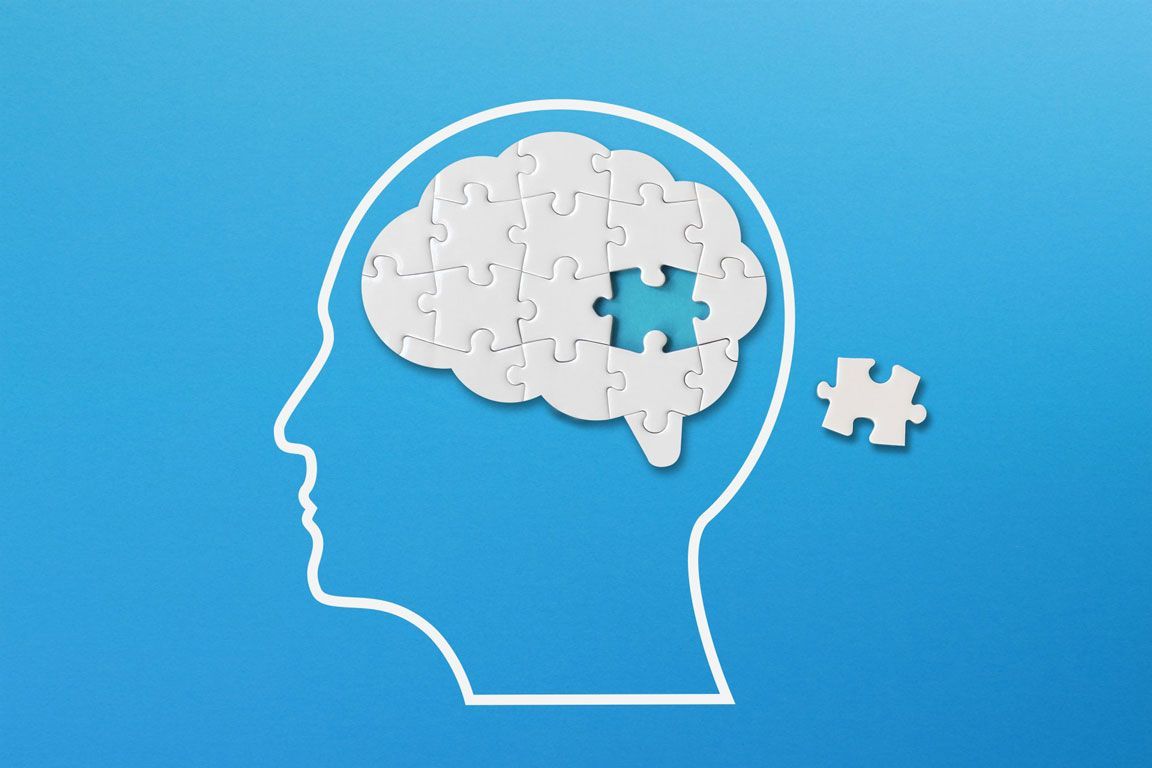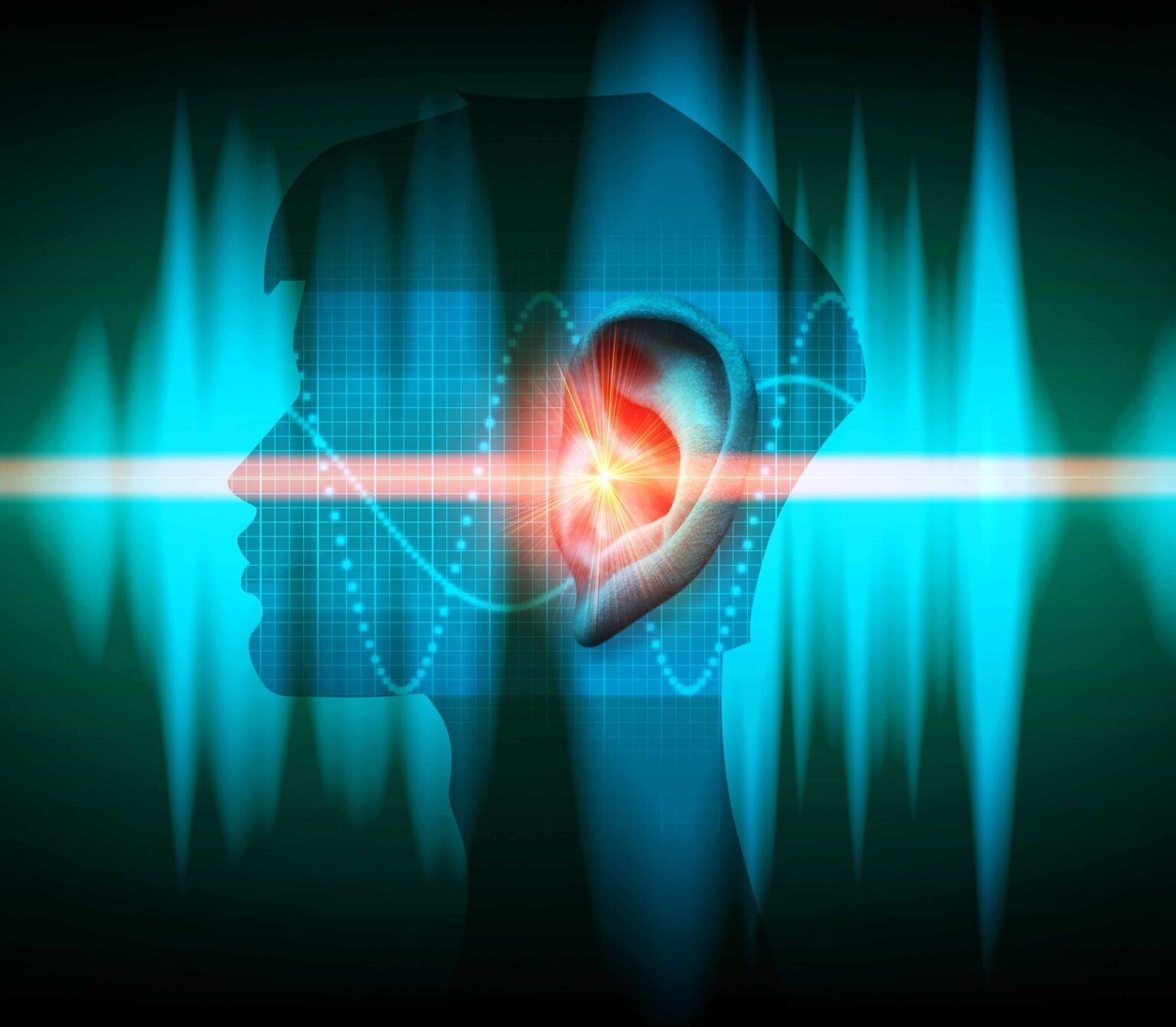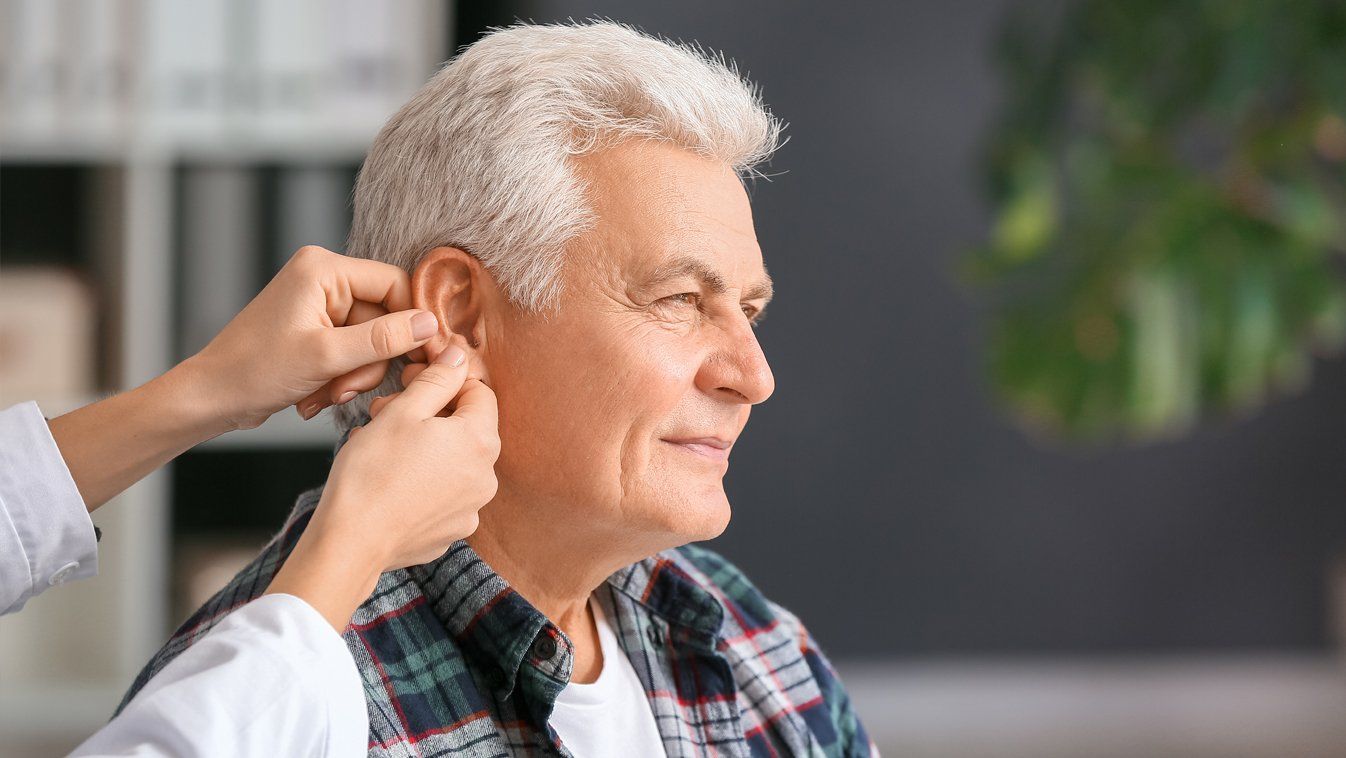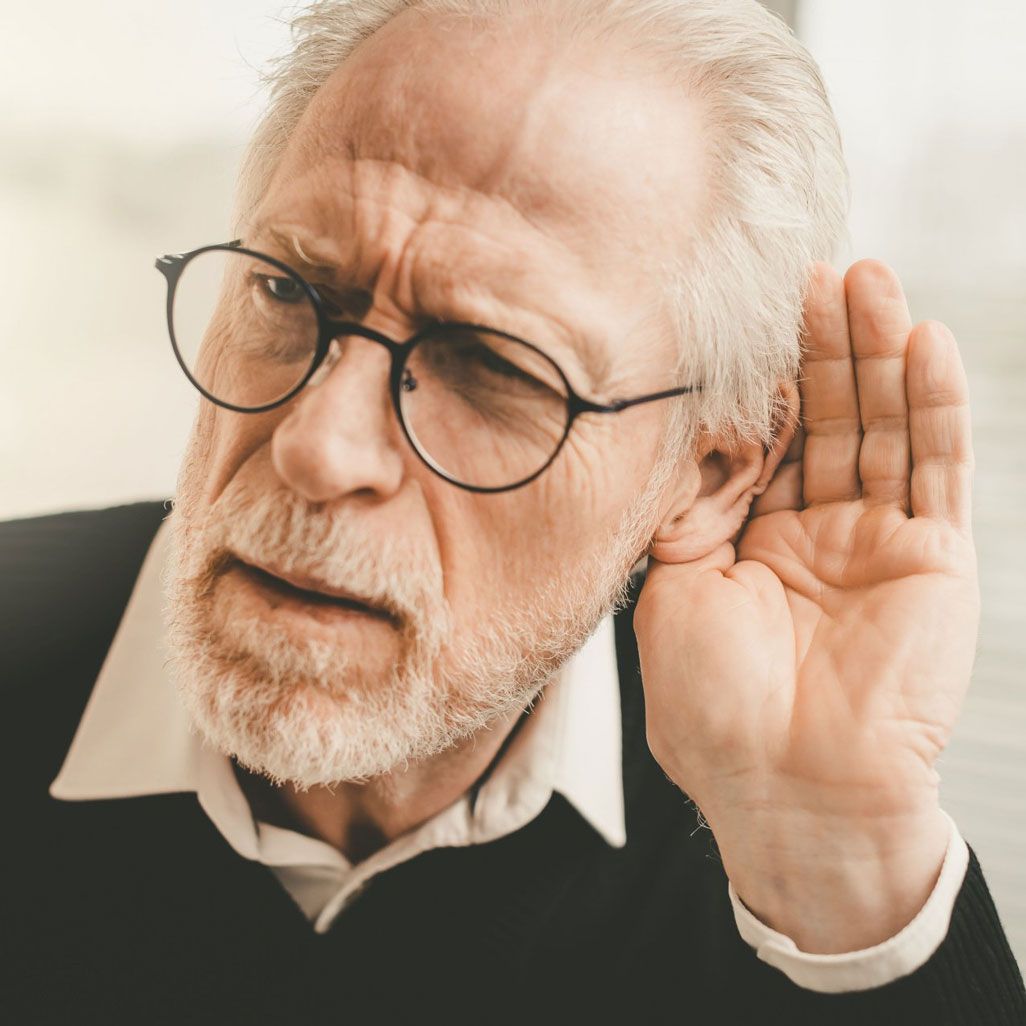December 13, 2024
How Long Do Hearing Aids Typically Last? We've all been there, right? You just invested in a shiny new pair of hearing aids and you can't help but wonder - how long will these little lifesavers last? It's an important question that deserves some attention. Hearing aids are no small investment, so it's only natural to want them to stick around for as long as possible. On average, most high-quality hearing devices have a lifespan between 5-7 years. But here’s the kicker – this isn’t set in stone! There’s quite a bit of wiggle room depending on various factors like your level of care, maintenance routine and even the type or model you choose. Imagine enjoying crystal clear conversations with loved ones without worrying about constant replacements or repairs every other year... Sounds pretty great doesn't it? Well, maintaining your device properly could make this dream scenario come true! So what do we do next then? Simple! Regular cleaning should be part of your daily ritual; keep those batteries fresh and always store them safely when not in use—little steps go far towards extending their life span. And remember folks—it pays off big time getting professional servicing done periodically too because let's face it—we're talking about something crucially linked with our quality of life here! When to Consider Upgrading Your Hearing Aids Are you constantly asking people to repeat themselves? Do the sounds of life seem muffled, even when wearing your hearing aids? If so, it might be time for a change. Hearing aid technology has come a long way in recent years and upgrading could significantly improve your quality of life. Just like any other piece of tech equipment - smartphones or computers - over time they become outdated and less efficient. Your current devices may not have features that newer models offer such as improved sound clarity, noise reduction capabilities or wireless connectivity. Imagine being able to hear every note at the concert clearly without straining yourself; imagine having conversations with loved ones without missing out on their laughter because you couldn't quite catch what was said due to background noise interference; imagine watching TV shows at normal volume levels again! Upgrading your hearing aids can make these scenarios possible once more. Tips to Extend the Life of Your Hearing Aids We all know that hearing aids are not just a purchase, but an investment in your quality of life. Like any good investment, you want to make sure it lasts as long as possible and functions at its best. So how can we ensure our hearing aids live up to their potential? It's all about regular maintenance! Just like you wouldn't skip oil changes on your car or ignore routine check-ups for your health, the same principle applies here. Your daily habits play a significant role in extending the lifespan of these small yet powerful devices. Imagine being able to enjoy crystal clear sounds without worrying about sudden breakdowns or malfunctions due to lack of care. By giving attention even towards minor details such as cleaning earwax from them regularly and storing them properly when not in use can significantly increase their longevity. Also remember - moisture is enemy number one for electronics; so keep those hearing aids dry! Start today by incorporating simple routines into your day-to-day activities – store them safely overnight, clean gently with appropriate tools after each day’s use (avoiding harsh chemicals), ensure they're kept away from heat sources and moisture-prone areas whenever possible...and don’t forget those annual professional checks too! The lifespan of a hearing device is largely determined by its care routine - yes, it's as simple and as complicated as that. Audiologists have shared insights on this topic which are both intriguing and practical. Now onto the desire part – who wouldn't want their expensive aids lasting for years without any hitches or glitches? It’s like getting more bang for your buck while ensuring optimal auditory health. And guess what? With just a few tweaks in maintenance practices, you could add significant time to your gadget's life expectancy. Here are three easy steps suggested by top-notch professionals: 1) Clean them regularly but gently using tools designed specifically for this purpose. 2) Avoid exposure to moisture or extreme temperatures; remember these are sensitive electronic devices! 3) Schedule regular check-ups with an audiologist because early detection can nip potential problems in the bud. Implementing these tips into your daily routine will ensure that 'how long should my hearing aids last' becomes less of a worry over time. Remember, proper care equals prolonged use when it comes to keeping those ears happy! What You Need to Know About Properly Disposing of Old Hearing Aids So, you've got an old hearing aid and wondering what to do with it? Don't just toss it in the trash. There's a lot more to consider about your tiny device than you might think. Did you know that improperly disposing of old hearing aids can harm our environment? It's true! They contain metals like gold, silver, zinc and lead which could leak into soil or water if they end up in landfills. But here comes the good news - these elements are recyclable! Imagine contributing towards sustainability while taking care of your ears too. Sounds great right? Many manufacturers offer recycling programs for their products including hearing aids; some even provide discounts on new devices when you recycle the old ones. Next time before saying goodbye to your trusty little companion (your used-up hearing aid), remember its potential value isn't entirely lost yet. Reach out to local audiologists or search online for nearby recycling facilities specializing in electronics waste management – they'll guide how best dispose of those precious pieces responsibly without harming Mother Earth. As technology has increased so have the options and availability. At FMC Audiology & Hearing Aids we will help you decide which hearing aid style and brand will be best for you. So, call us today at (813) 280-7400 and be on your way to better hearing health!











